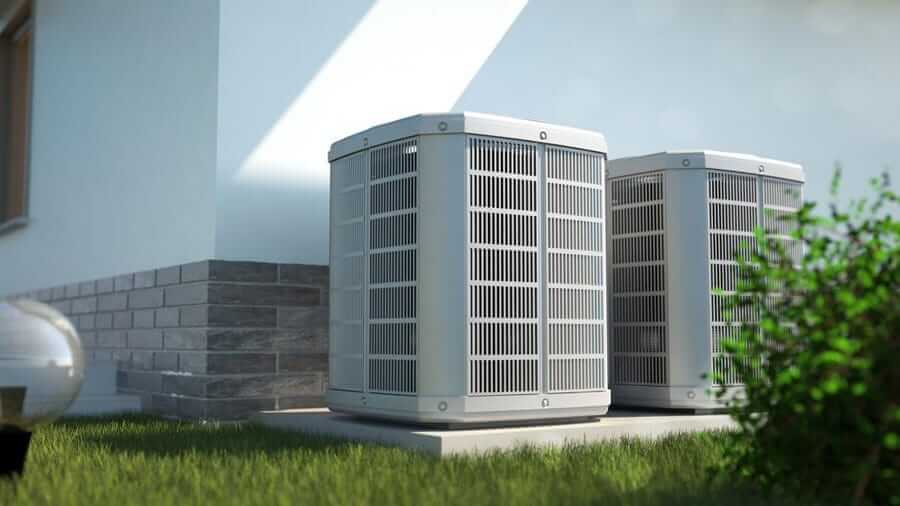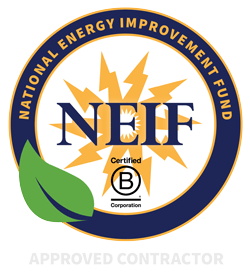Welcome To Cooling Season: What You Need to do to Prep Your AC for a Busy August
- Cooling

The days are longer, people around the office are taking vacations, and the temperature is constantly hitting the nineties. There’s no question about it: the dog days of summer are at our doorstep. And with the hottest weeks of the year ahead of us, it’s important to make sure your AC is up to the challenge. In order to make absolutely sure you’re set up for success this August, there are a few easy, DIY maintenance tasks you can carry out on your own at home. If you need air conditioner repair, this is the way to find out.
Safety is Key
Before you do anything for your system, you want to make sure that you keep yourself safe while you work. If you have an outdoor unit, you need to deactivate the power before doing ANYTHING. A fully-powered AC unit can be incredibly hazardous with spinning fans, live electricity and the like. Before doing anything related to prepping your AC, be sure to disconnect the power before doing anything. You can’t enjoy your summer from a hospital room.
Out With The Old, In With The New
You don’t need to be an HVAC tech to understand that a dirty air filter means you’re going to have dirty air. After a long winter hibernation (and probably a summer of heavy use from last year), your air filters are going to be worn down, dirty, and minimally effective. Air filters are cheap, easy to find, and relatively easy to replace if you have a general idea of what you’re doing. Air filters are one of the first things to go after the winter and as such are one of the first things you should be replacing when the summer rolls around.
Consider Completely Cleaning Condenser Coils
Over the winter months, your condenser unit will accrue some debris: dirt, leaves, water, etc. Again, you don’t need to be an expert to know that such debris is not conducive to your AC’s performance. The condenser coil is one of the most important parts of your unit, which itself is the large metal box outside your house that has spinning fans. If the condenser was covered during the winter, there probably won’t be a massive amount of debris on it in the summer. If you didn’t cover it, consider doing so this fall.
Make sure the fan is clear of any and all refuse. Next you need to open the box and check the coils. If there is anything on these coils, there’s a very particular set of things you need to do to make sure the system runs at peak efficiency
- Remove the side and top panels or protective grilles from the condenser unit. Note: Double check to make certain the power to the condenser unit is turned off.
- Lift off the top. The fan may be attached to it making it heavy. Note: Don’t tug any of the wires connected to the fan.
- Using a refrigerator coil brush or a soft brush on a vacuum, gently clean the coils from the outside of the unit. After you clean the outside, vacuum coils from the inside. Note: Be careful not to bend the delicate fins or damage the coils
Check the Coolant Lines
The coolant lines essentially are what carries the cool air to your home from the condenser unit. If these lines are damaged in any way there’s no guarantee regarding the efficiency. These lines are usually covered with some kind of insulation to prevent the cool air from escaping the tubes before it gets into your home. You’re going to want to check this insulation thoroughly to see if any portion of it is compromised: any fraying or wearing needs to be addressed now because it’ll only get worse over time.
Testing 1 2 3…
The final step of any start of season AC tune-up is to test out your system. Because at the end of the day, there are still plenty of things that could go wrong with your AC that you wouldn’t really have a way of knowing the damage of. A quick test run of your system for about an hour will be able to determine any nascent with you wouldn’t be able to determine at baseline.
Know When to Call in Backup
We love to see homeowners embrace the DIY spirit. IT shows initiative and genuine investment in their home’s HVAC system. That said, there are some things best left to professionals. If you notice any glaring issues during your DIY inspection, rather than trying to fix them yourself, its safest to call a licensed technician from North Shore Home Energy. Our team members have the skills, tools, and expertise to avoid damaging your air conditioner. Improper repairs can result in damage to your system or yourself, so when you need air conditioner repair, it’s best to call in the cavalry.
Read The Great Things That Your Neighbors Are Saying About NSHEC.
ac failure





